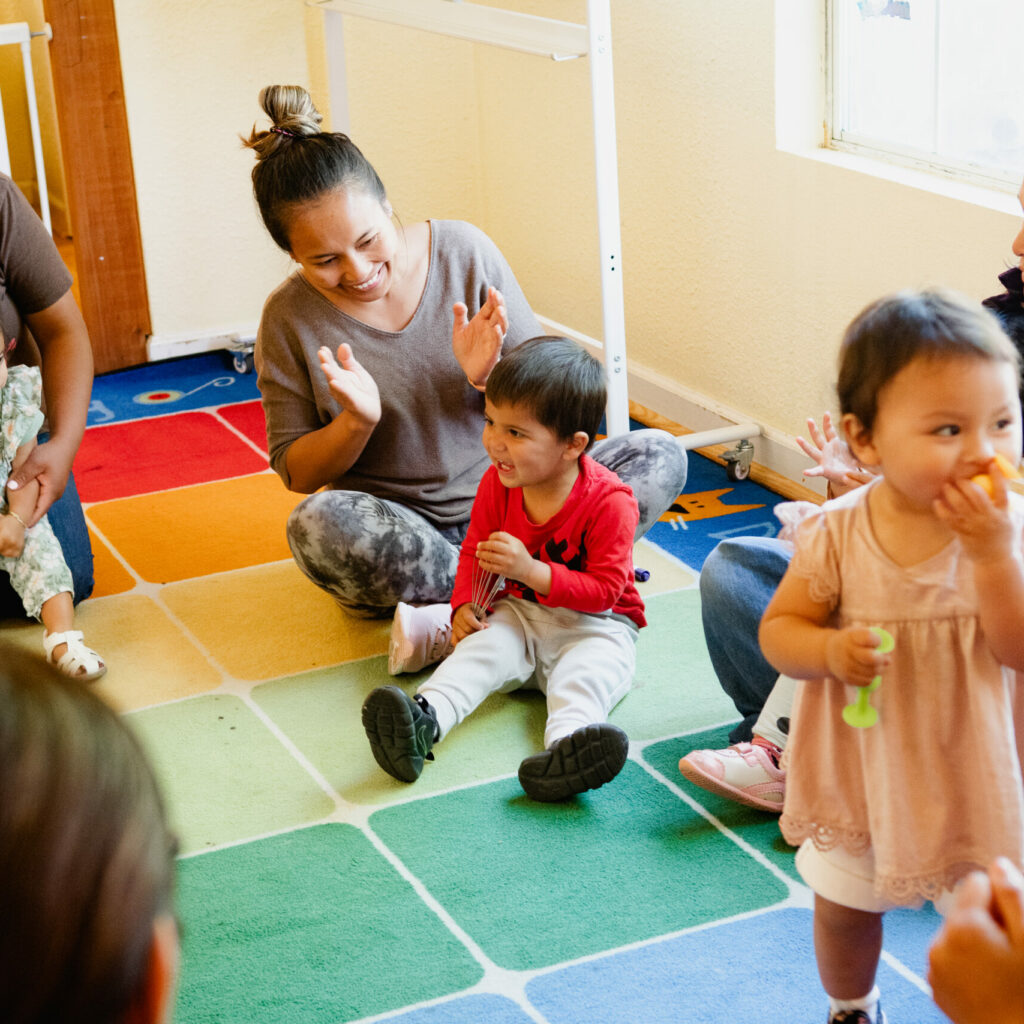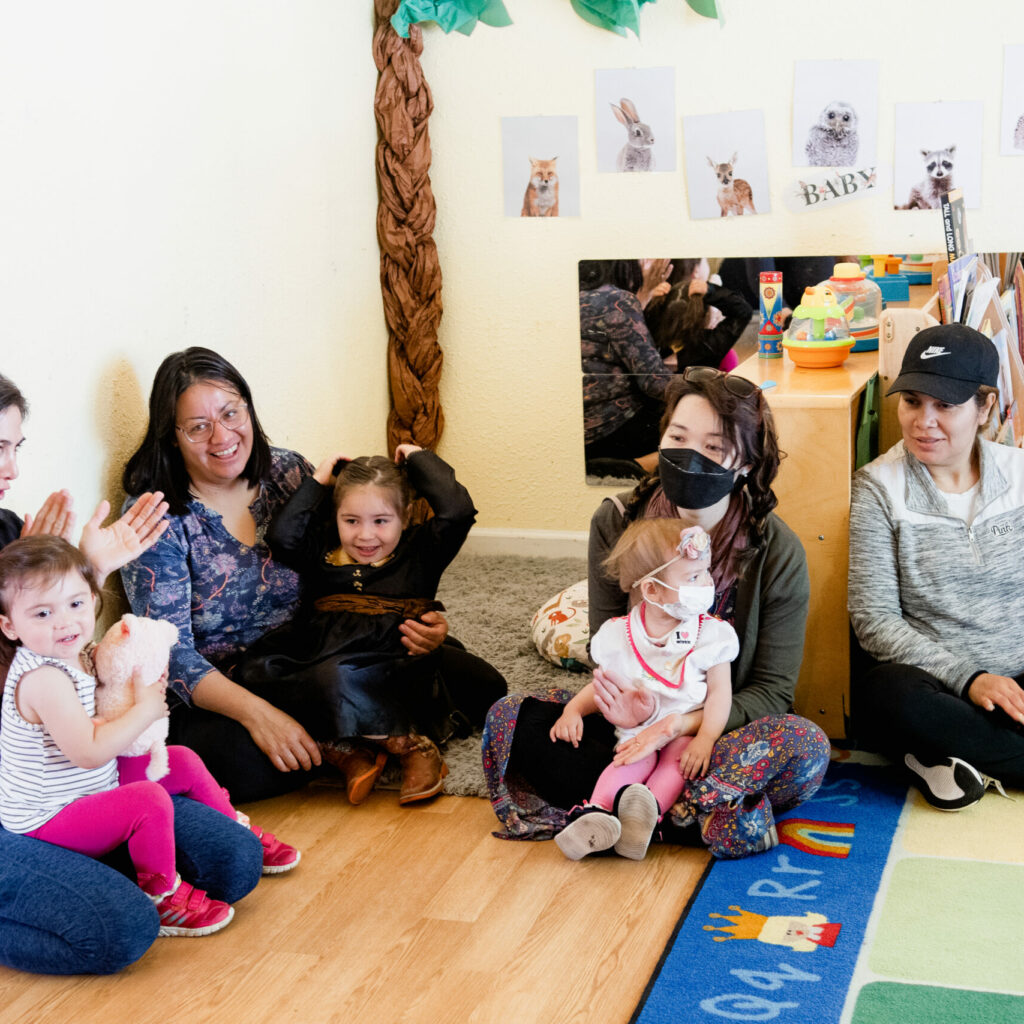June 2023 Newsletter: Investing in Infant Mental Health Starting from Home

Read our newsletter to discover how First 5 San Mateo County is investing in infant mental health to provide families with free resources and support programs, how we’ve celebrated pride, 5 things that we LOVE about child care, and upcoming opportunities.
Investing in Infant Mental Health: Starting from Home

As a new parent or caregiver, you may be wondering how you can best support the social and emotional development of your young child. Infant mental health focuses on promoting healthy social and emotional development for children from birth to three years old. The foremost expert on Infant Mental Health, Zero to Three, explains, “Babies […]
5 Things We Love About Child Care

Child care is not just a necessity for working parents; it plays a vital role in our society as the backbone of our economy, enabling families to thrive. High-quality child care has far-reaching effects on our community and economy as a whole. There are so many reasons that we, as a community, love accessible child […]


